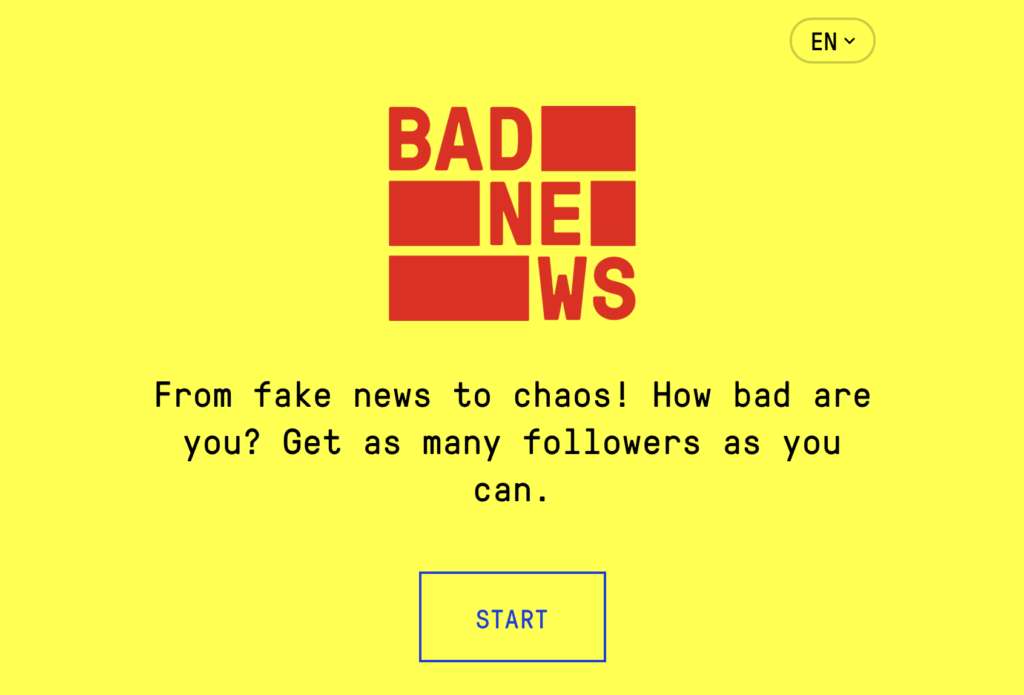Explore All Articles
All Articles
Article Topic

Research note: Fighting misinformation or fighting for information?
Alberto Acerbi, Sacha Altay and Hugo Mercier
A wealth of interventions have been devised to reduce belief in fake news or the tendency to share such news. By contrast, interventions aimed at increasing trust in reliable news sources have received less attention. In this article, we show that, given the very limited prevalence of misinformation (including fake news), interventions aimed at reducing acceptance or spread of such news are bound to have very small effects on the overall quality of the information environment, especially compared to interventions aimed at increasing trust in reliable news sources.
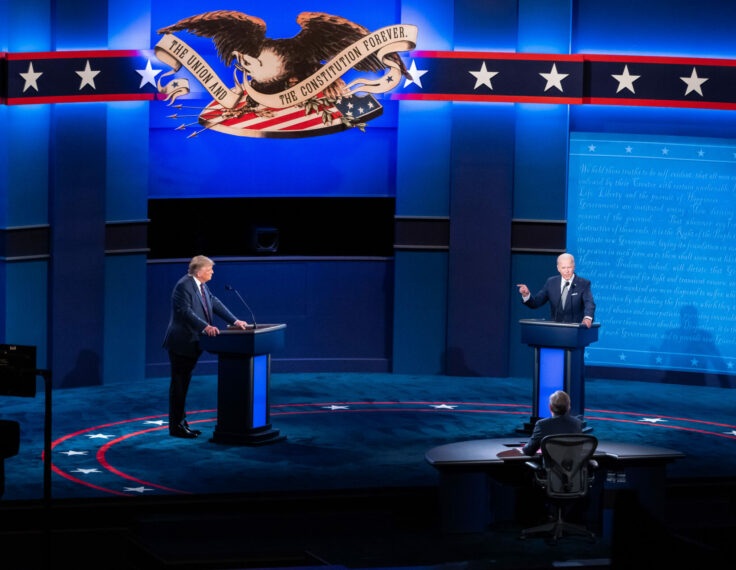
Research note: Lies and presidential debates: How political misinformation spread across media streams during the 2020 election
Jaren Haber, Lisa Singh, Ceren Budak, Josh Pasek, Meena Balan, Ryan Callahan, Rob Churchill, Brandon Herren and Kornraphop Kawintiranon
When U.S. presidential candidates misrepresent the facts, their claims get discussed across media streams, creating a lasting public impression. We show this through a public performance: the 2020 presidential debates. For every five newspaper articles related to the presidential candidates, President Donald J.

Research note: Examining how various social media platforms have responded to COVID-19 misinformation
Nandita Krishnan, Jiayan Gu, Rebekah Tromble and Lorien C. Abroms
We analyzed community guidelines and official news releases and blog posts from 12 leading social media and messaging platforms (SMPs) to examine their responses to COVID-19 misinformation. While the majority of platforms stated that they prohibited COVID-19 misinformation, the responses of many platforms lacked clarity and transparency.
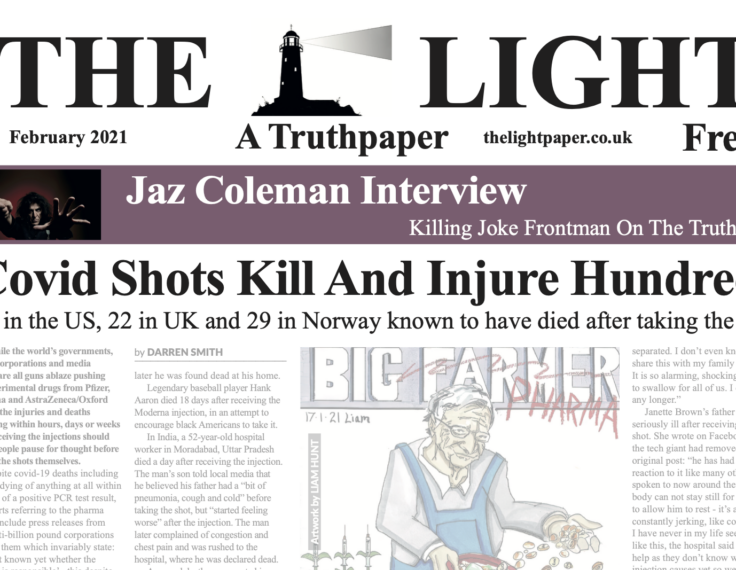
Research note: Understanding offline Covid-19 conspiracy theories: A content analysis of The Light “truthpaper”
Rod Dacombe, Nicole Souter and Lumi Westerlund
This article explores the ways in which offline conspiracist material concerned with Covid-19 is presented and structured through a content analysis of The Light, a newspaper produced and distributed by activists in the U.K. Our analysis shows that conspiracy theories related to Covid-19 are included alongside a range of other, non-conspiracist content and that readers encounter these ideas in a format which closely resembles a conventional newspaper.

Research note: Examining potential bias in large-scale censored data
Jennifer Allen, Markus Mobius, David M. Rothschild and Duncan J. Watts
We examine potential bias in Facebook’s 10-trillion cell URLs dataset, consisting of URLs shared on its platform and their engagement metrics. Despite the unprecedented size of the dataset, it was altered to protect user privacy in two ways: 1) by adding differentially private noise to engagement counts, and 2) by censoring the data with a 100-public-share threshold for a URL’s inclusion.
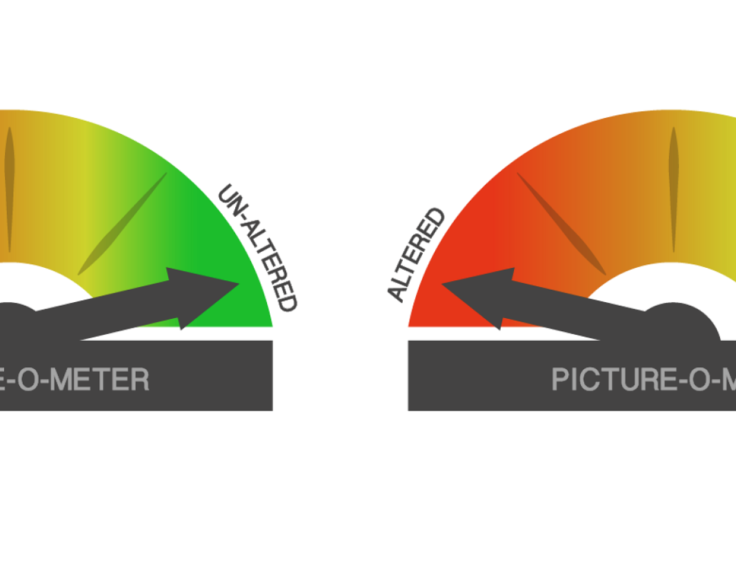
Research note: This photograph has been altered: Testing the effectiveness of image forensic labeling on news image credibility
Cuihua Shen, Mona Kasra and James F. O’Brien
Despite the ubiquity of images and videos in online news environments, much of the existing research on misinformation and its correction is solely focused on textual misinformation, and little is known about how ordinary users evaluate fake or manipulated images and the most effective ways to label and correct such falsities.
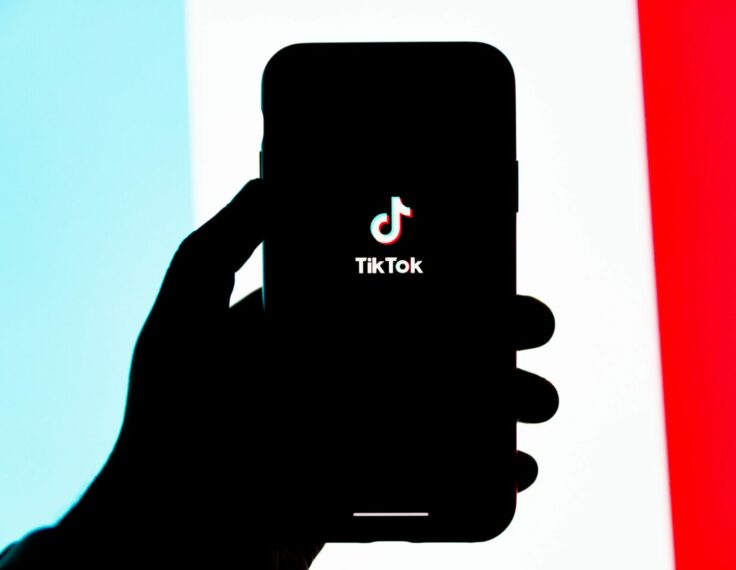
Research note: Likes, sarcasm and politics: Youth responses to a platform-initiated media literacy campaign on social media
Ioana Literat, Abubakr Abdelbagi, Nicola YL Law, Marcus Y-Y Cheung and Rongwei Tang
To better understand youth attitudes towards media literacy education on social media, and the opportunities and challenges inherent in such initiatives, we conducted a large-scale analysis of user responses to a recent media literacy campaign on TikTok. We found that reactions to the campaign were mixed, and highly political in nature.

Research note: Bolsonaro’s firehose: How Covid-19 disinformation on WhatsApp was used to fight a government political crisis in Brazil
Felipe Bonow Soares, Raquel Recuero, Taiane Volcan, Giane Fagundes and Giéle Sodré
Brazil has one of the highest rates of cases and deaths attributed to Covid-19 in the world. Two factors contributed to the high rates: the Brazilian government underestimated the pandemic and a large amount of disinformation was spread through social media.
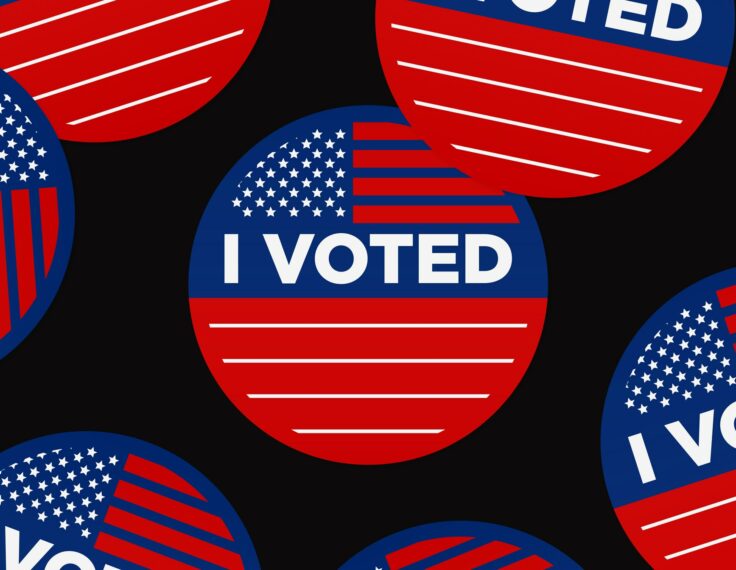
Research note: Examining false beliefs about voter fraud in the wake of the 2020 Presidential Election
Gordon Pennycook and David G. Rand
The 2020 U.S. Presidential Election saw an unprecedented number of false claims alleging election fraud and arguing that Donald Trump was the actual winner of the election. Here we report a survey exploring belief in these false claims that was conducted three days after Biden was declared the winner.

Research note: Does the public support fact-checking social media? It depends whom and how you ask
Timothy S. Rich, Ian Milden and Mallory Treece Wagner
We analyze original survey data on support for social media companies’ fact-checking of politicians in general and President Trump in particular. We find overwhelming majorities of Democrats support fact-checking in both instances, while a majority of Republicans support fact-checking of politicians in general but not of President Trump.

